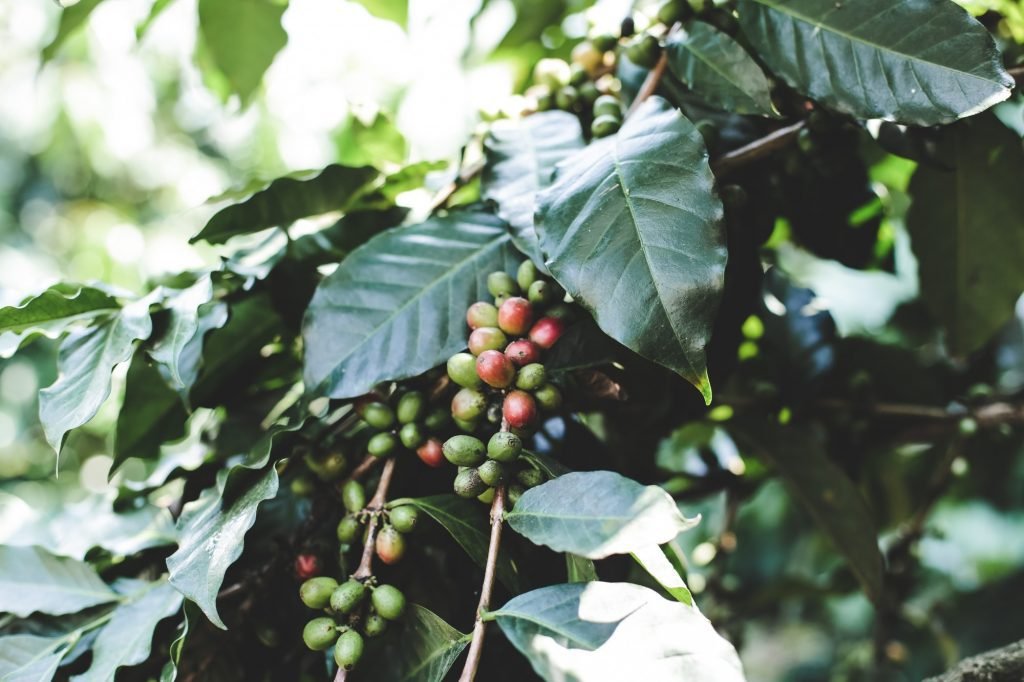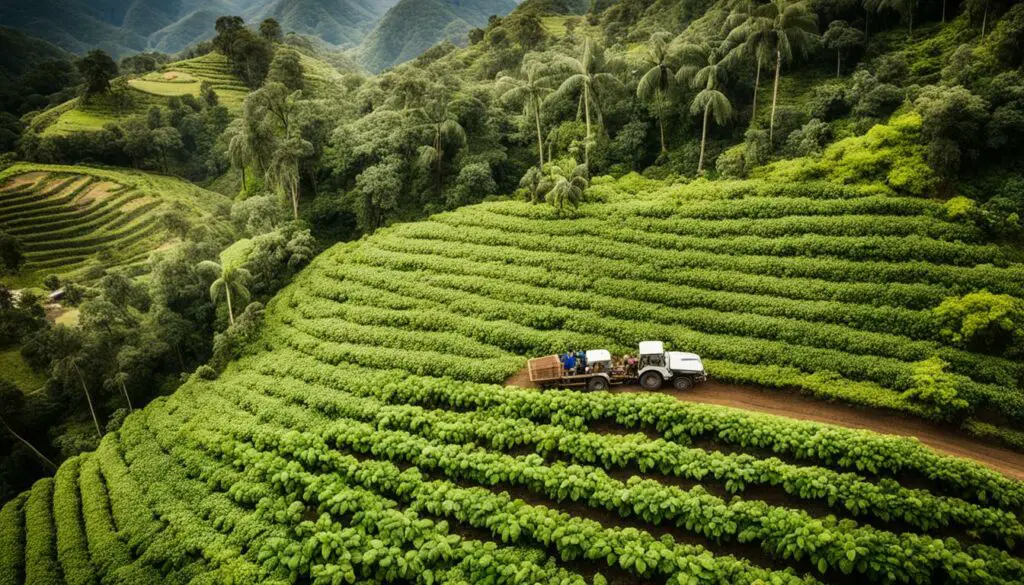Coffee is one of the most popular beverages in the world. It is enjoyed by people of all ages and cultures, and there are many different ways to enjoy it. Did you know that coffee is also a part of the plant family that includes vegetables and fruits? That’s right- we believe that coffee is a vegetable!
In this blog post, we will discuss the nutritional benefits of coffee and how you can make the most out of this delicious beverage as part of your diet.
Is Coffee Even Considered a Food?
The debate over whether coffee is considered a food item or not has raged on for years, with no clear consensus in sight. On the one hand, coffee is made from beans, which are technically a fruit. In addition, coffee beans are roasted and ground before they are brewed, which alters their nutritional composition. On the other hand, coffee does contain some essential nutrients, including protein and fiber. It also contains vitamins and minerals like potassium and magnesium. So, while coffee may not be traditional food, it does contain some of the key nutrients that our bodies need to function. Ultimately, whether or not coffee is considered food is up to each individual to decide.
What are the Main Food Groups?
The main food groups are carbohydrates, fats, proteins, and vitamins. Each of these food groups is important for different reasons. Carbohydrates are the body’s main source of energy. Fats help to store energy and protect the body’s organs. Proteins are essential for the growth and repair of the body’s tissues. Vitamins are essential for the body to function properly.
Coffee is a good source of carbohydrates and contains a small amount of protein. It is also a good source of antioxidants, which can help to protect the body against disease. The caffeine in coffee can also help to increase alertness and improve mental focus.

The coffee plant is a woody shrub that belongs to the Rubiaceae family, which also includes gardenia and madder. The coffee plant produces green berries, which are actually drupes, or stone fruits. Each berry contains two seeds, known as coffee beans. When the berries are ripe, they are deep red or purple in color. However, most commercially grown coffee is harvested before it reaches full ripeness. The coffee beans are then roasted to create the familiar brown beans used to make coffee. So, while coffee beans are technically seeds, they are typically referred to as beans because of their resemblance to true legumes, such as lentils and peas. In conclusion, coffee is a fruit, but it is usually treated as a seed.
Is Coffee Technically a Fruit Juice?
Most people think of coffee as a hot or cold beverage made from roasted beans. However, coffee is actually the fruit juice of the coffee plant. The coffee plant is a small evergreen tree that produces bright red berries. Inside each berry is a single seed, which is what we know as a coffee bean. To make coffee, the beans are first harvested and then processed to remove the outer skin and inner parchment. The beans are then roasted to create the characteristic flavor of coffee. So, while coffee technically is a fruit juice, it undergoes quite a transformation before it ends up in your cup.
What To Look Out For
When choosing coffee as part of your diet, it is important to choose a quality product. Look for coffee that is organic and fair trade certified. These coffees are grown without the use of harmful chemicals and pesticides, and the farmers who grow them are paid a fair wage.
Brew your coffee using filtered water to remove any impurities. Use freshly ground coffee beans for the best flavor. And, be sure to enjoy your coffee in moderation. Too much caffeine can have negative effects on your health.
So, there you have it – coffee is a delicious and nutritious part of any diet! By following these tips, you can make the most out of this amazing beverage. Thanks for reading!
As always, please consult with a registered dietitian or nutritionist if you have any questions about adding coffee to your diet. They can help you create a healthy and balanced diet that is right for you. Thanks for reading!
What are your thoughts on coffee? Do you enjoy it as part of your diet? Let us know in the comments below!












